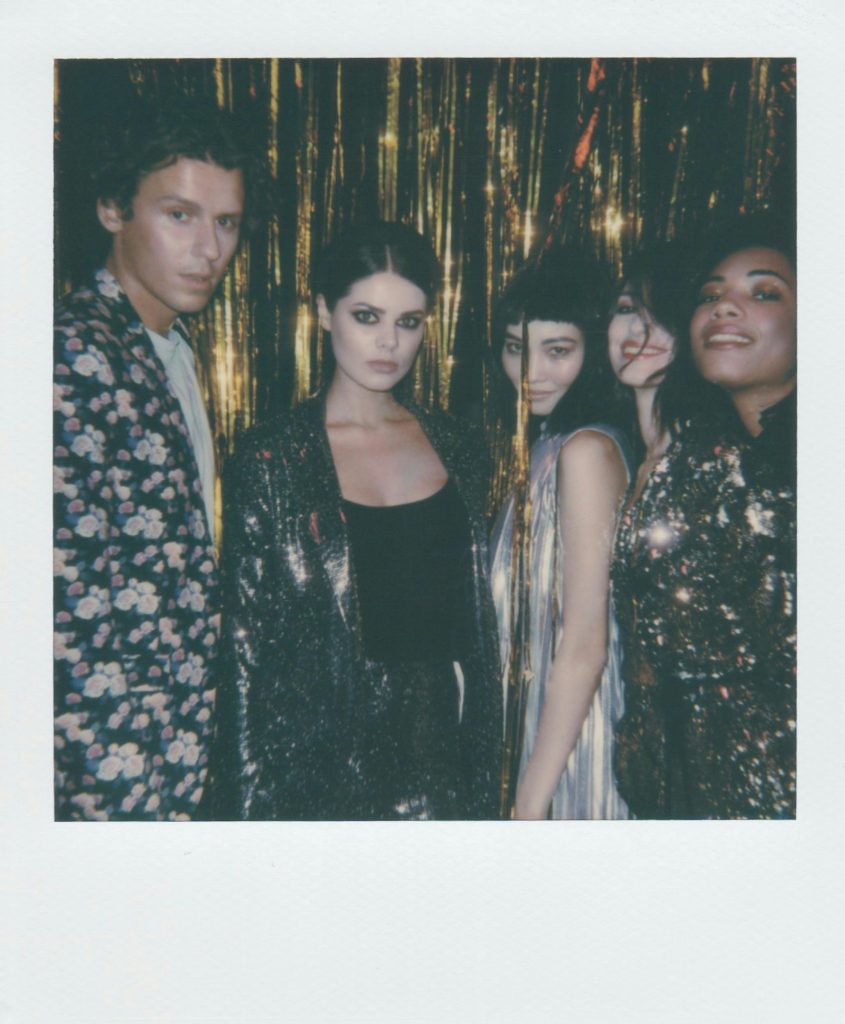We come to this world already embedded in certain societies and cultures where communication is a priority. We are taught eloquence, good manners, and to treat others respectfully since we are little. Not to mention the fact that most of us have sat with our desk partners throughout primary school, middle school, and even high school. We spent so many hours playing together during recess, passing each other notes with funny doodles, or going to each other’s birthday parties. Introverts and extroverts both need to be seen, heard, and understood, yet when we’re little, it might be a bit too difficult to comprehend fully.
The people we met at school were the most likely to become our first bffs. The ones we shared our secrets with, our bike ride companions, our adventure sidekicks. Throughout life, we have to overcome different stages. Some people accompany us despite the changing circumstances. Yet, what if we have naturally grown apart from our friends? A common preconception prevails that it’s becoming harder and harder to find new friends as we get older. In this article, I will try to unravel the difference between introverts and extroverts and how our social nature may have impacted our friendships.
What is introversion and extroversion?
To put it simply, introversion and extroversion can be seen as personality traits that revolve around our ability to collect and spend energy. Introverts are more likely to gain energy from spending time alone and being their own company. Extroverts, on the other hand, receive energy from social interactions. Their joie de vivre is fuelled by putting their communication skills to use.
Nevertheless, that doesn’t mean that introverts don’t need friends or social circles and extroverts don’t long for solitary minutes of calm. To learn more about your energy levels and social nature, proper psychological tests should be done. When it comes to personal curiosity, the Myers-Briggs Type Indicator (MBTI) could be a good start learning more about your approach towards yourself and other people. The test can be found online, and even if the results aren’t as accurate as you thought they might be, it’s still a fun way to ask yourself several important questions.
Finding friends as an introvert
Even though I see myself as an extrovert who sometimes needs alone pamper time with a book and a warm bubble bath, several people have called me “the introvert whisperer”. I try to understand different approaches and encourage people to take their time to open up.
As I have mentioned before, introverts need their space and alone time to recharge. Their social battery is limited, thus they have to be careful about falling into toxic groups of people. Any signals of narcissistic or emotionally controlling behaviour should be scrutinized thoroughly from the beginning. Consequently, introverts might find large social gatherings, e.g., massive company events, draining. So what to do if you’re an introverted adult who wants to find companionship? Here are several honest tips:
- Focus on quality. Don’t chase new relationships for the sake of it. Invest in the people you feel safe with. Whether it’s your work colleagues, university mates, or online friends, confide in people who appreciate the real you.
- Look for activities that involve a limited number of people. It could be cosy book clubs, small yoga groups, or someone who needs a jogging partner. LifeBonder is a great way to start, as it connects people based on their mutual interests.
- Turn to online communities. Virtual friends can be a great way to find friendships without leaving the house. To learn more about the benefits of online friends, you can read my article on the internet and social isolation, which can be found here.

Gaining true friends as an extrovert
As an extrovert myself I sometimes find it hard to maintain the right balance between being among the people I love and recharging to regain full mental and emotional capacity. Yes, we extroverts thrive on various social interactions, including either deep intellectual discussions or giggly and light-hearted chitchat.
Nevertheless, it might be hard to keep up with our radiant and infectious energy. The fact is that we simply want to share our joys and struggles and to inspire people to keep their chin up. Pushiness doesn’t necessarily belong to either extroversion or introversion. It is a toxic trait that can be attributed to lots of different personalities. As a self-proclaimed extrovert, I’d like to give some honest advice:
- Never underestimate different communication styles. Take into account that some friends might prefer less frequent outgoings. The best thing to do is to plan some of the meetings in advance. Don’t put your eggs in one basket, try to meet with different people instead of clinging to one person all the time.
- Deepen your connections. Extroverts might be seen as shallow because they’re good multitaskers when it comes to communication. Let your guard down and take the most out of one-on-one coffee dates or bicycle rides. Let yourself be open and vulnerable in order to fulfil your emotional capacity.
- Try group activities. If you love being surrounded by a large number of people, try activities that require team effort. Whether it’s a pub quiz or a group of volleyball enthusiasts, find your tribe that would cherish your openness and the ability to connect.
Final Remarks
Relationships with other people can be troublesome. We can be shy, timid, or suffer from social awkwardness. True friendships are possible at any stage of life, yet you have to be sure what reduces your energy and what makes you feel invigorated.
Even though introverts and extroverts might seem different, both of these groups crave genuine bonds. Don’t be afraid to analyse your style of communication. Knowing how you connect could greatly improve your social circle and help you experience the feeling of belonging.


